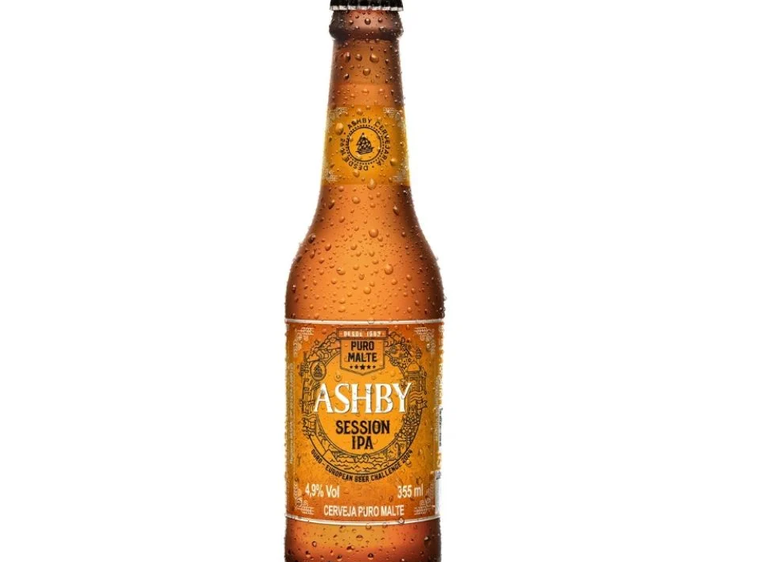The Health Surveillance Agency has stated that phosphoethanolamine does not have the authorization or registration with the agency to be used as a medicine.
A Health Surveillance Agency (Anvis) reported on Tuesday 23 that the substance phosphoethanolamineknown as Pill against cancerIt is not effective in treating the disease and is not registered or licensed for use as a drug.
The agency says there is still a lack of clinical research to support the claim that the product has the ability to treat and cure patients diagnosed with cancer and that the consumption of unregistered products “is extremely risky.”
“These products may adversely interfere with conventional treatments, as well as pose risks of contamination,” the agency warned.
“It is essential that patients do not abandon established medical treatments in favor of unlicensed therapies of unknown efficacy, such as phosphoethanolamine,” the agency added.
About 10 years ago, phosphoethanolamine was considered by many people and public authorities as an effective option for the treatment and cure of cancer.
At the time, while deputies and senators were advancing bills in Congress that would authorize the use of the drug in patients with malignant tumors, Anvisa, the National Cancer Institute (INCA) – linked to the Ministry of Health – and experts were warning of the need for further studies on the subject.
The controversy also raged on the Internet, a space where the effectiveness of the pill against cancer has been widely spread and accepted by users even on social networks. In the note published Tuesday, Anvisa warns against the danger of spreading false information on digital platforms.
“Social media advertising suggesting that phosphoethanolamine fights cancer or any other disease by attributing to it functional or health properties is flawed and misleading,” he said.
According to the agency, in order for phosphoethanolamine to be sold in Brazil, its manufacturers must submit a registration application with quality, safety and efficacy tests for analysis.
“Medical science is based on rigorous data and evidence, and the criteria for approving new treatments are established to protect the health of patients,” the agency reiterated.
The substance should also not be used for food supplementation.
Furthermore, according to Anvisa, phosphoethanolamine is not approved for use as a food supplement and products sold that contain the substance in their formula cannot be sold with the therapeutic or medicinal label.
“This measure aims to prevent consumers from being deceived by products that promise cures without scientific evidence,” the Health Surveillance Agency said in a statement.
Source: Terra
Ben Stock is a lifestyle journalist and author at Gossipify. He writes about topics such as health, wellness, travel, food and home decor. He provides practical advice and inspiration to improve well-being, keeps readers up to date with latest lifestyle news and trends, known for his engaging writing style, in-depth analysis and unique perspectives.








